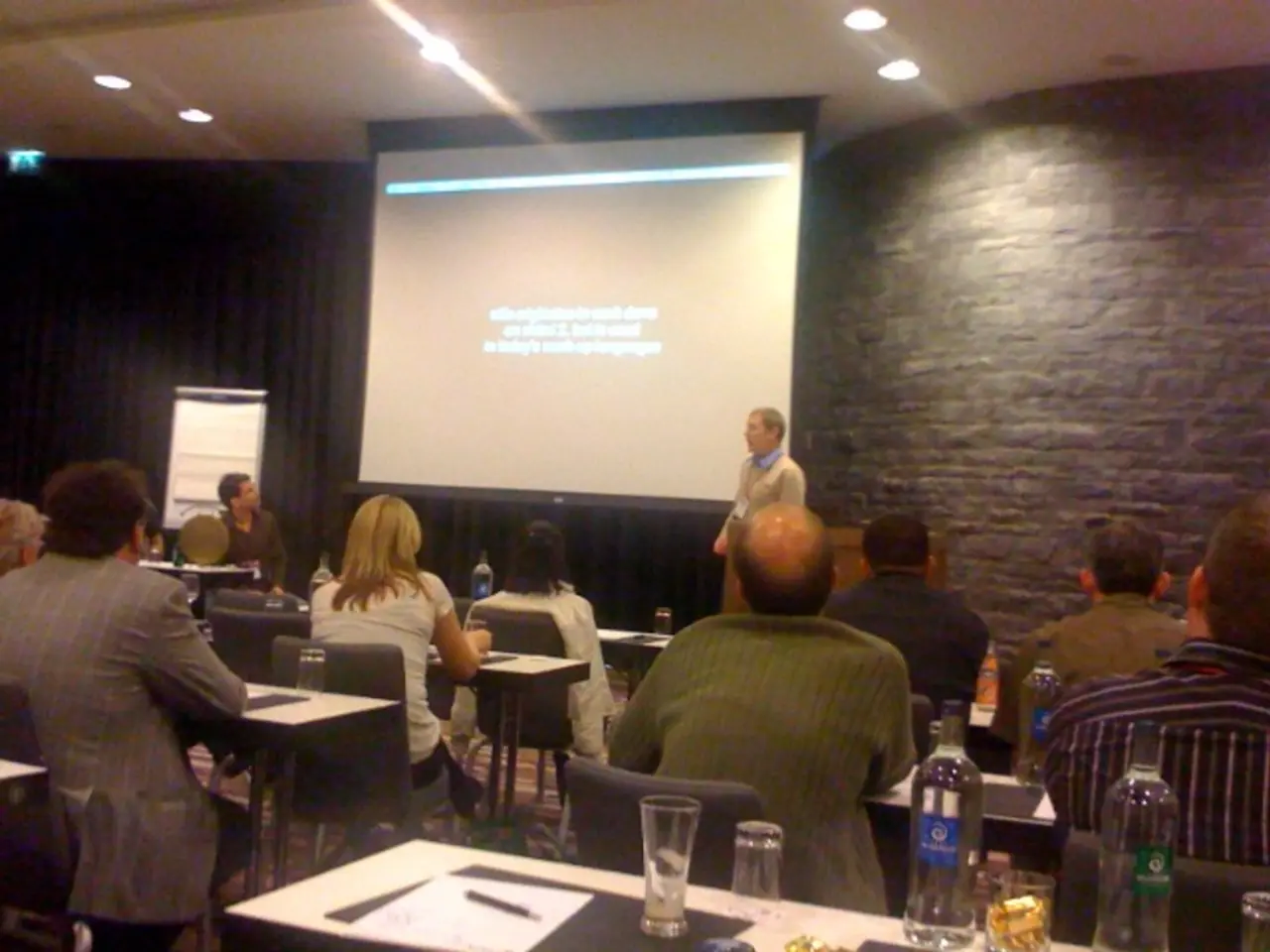Single-sided deafness (SSD): Impact, origins, and further details
Unilateral Hearing Loss (UHL) is a condition that affects around three or four children in every 1,000, and a similar number of adults in the United States, according to recent studies. This condition can range from mild to severe, and in some cases, it may lead to unilateral deafness.
Living with UHL can present several challenges, particularly in terms of mental health and quality of life. Research shows that long-term UHL can increase the risks of depression, anxiety, social isolation, and cognitive challenges.
The mental health issues associated with UHL are often linked to higher rates of anxiety, paranoia, and depression, particularly when accompanied by symptoms like tinnitus, a condition characterized by ringing, buzzing, or whistling sounds in the ear.
Persistent unilateral hearing impairment can cause social withdrawal due to difficulties in understanding speech, especially in noisy environments, leading to isolation and reduced participation in daily activities. This social isolation can have socioeconomic consequences and lower overall quality of life.
People with UHL often find it harder to localize sounds and understand speech clearly, especially in complex acoustic environments. This can impair social interaction and lead to frustration or irritation.
In addition, UHL can contribute to cognitive strain as the brain works harder to compensate, potentially influencing mental health. Although bilateral hearing loss has a clearer link to dementia risk, unilateral loss still poses a significant cognitive load.
In clinical management, it is important to address these consequences with hearing aids if applicable, tinnitus management, psychological support, and multidisciplinary care to improve outcomes and quality of life. A CROS hearing aid can benefit people with little to no hearing ability in their affected ear but normal hearing ability in their other ear.
To diagnose UHL, a doctor may refer a person to an audiologist or ENT specialist for hearing tests and additional examinations to determine the underlying cause. Prompt and appropriate treatment may fully restore hearing for some people with UHL.
Treatments for UHL may include medications, surgery, hearing aids, or other assistive devices. For example, a cochlear implant uses electrical signals to stimulate the nerve that carries sound from the cochlea to the brain and may be beneficial for people with severe to profound deafness. A bone anchored hearing aid (BAHA) amplifies sound via vibrations through the bones of the skull and can be either a soft band-attached device or a metal implant inserted by a surgeon.
In the case of sudden unilateral hearing loss (SSNHL), which is a type of UHL that can happen immediately or over several days, it is an ear, nose, and throat (ENT) emergency. Steroid medications or steroid injections can help some people with sudden sensorineural UHL partially or fully regain their hearing, but the effectiveness decreases as time passes before treatment.
Parents, carers, and teachers can help children with UHL understand and learn by looking at them before and while speaking, talking about activities while doing them, minimizing background noise, managing the volume of screen-based media or audio, and ensuring prompt medical attention for sudden hearing loss. Speech and language therapists can help assess speech and language development in children with UHL and recommend early intervention programs or home-based activities for older children.
Potential causes of UHL include genetic factors, head injury or trauma, viral or bacterial infections, certain illnesses during pregnancy, and various ear-related conditions. Early intervention programs can help children under 3 years old with UHL develop their speech and language skills.
In conclusion, UHL can have a significant impact on a person's ability to communicate with others, potentially affecting their mental health and overall quality of life. Early diagnosis and appropriate treatment are crucial in managing this condition and improving outcomes for those affected.
- Mental health issues, including anxiety, paranoia, and depression, can be exacerbated in individuals with Unilateral Hearing Loss (UHL), especially when accompanied by symptoms like tinnitus.
- Chronic mental health issues associated with UHL might lead to isolation, socioeconomic consequences, and lower overall quality of life due to difficulties in understanding speech, especially in noisy environments.
- CBD, a potential treatment option for various medical-conditions and chronic-diseases, has shown promising results in managing symptoms of tinnitus, potentially reducing anxiety and improving the quality of life for individuals with UHL.
- The science of health-and-wellness suggests that measures such as looking at a person before speaking, managing noiselevels, and providing early intervention programs can help individuals with UHL navigate social interactions more effectively, potentially promoting mental health and overall quality of life.




